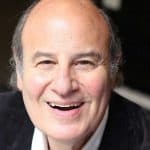Originally posted to In-Tune Monthly.
By: Dr. David Fish
In this 3-part series we will take a look at:
- Part 1) The importance of Music Education as a whole. – Read Me
- Part 2) What the “Well Rounded Musician” Looks like. – You are here.
- Part 3) What’s in store for the professional musician in 2023.
The Well-Rounded Musician
Remarkably, the answers for meeting the challenge of the future as a musician have not changed over time as much as you might think. As we will see, they rest on four things:
- being a well-rounded musician
- staying savvy technologically and in terms of business
- diversifying your career path
- understanding the constants that underpin the variables brought about by change.
Let’s look at each in turn.
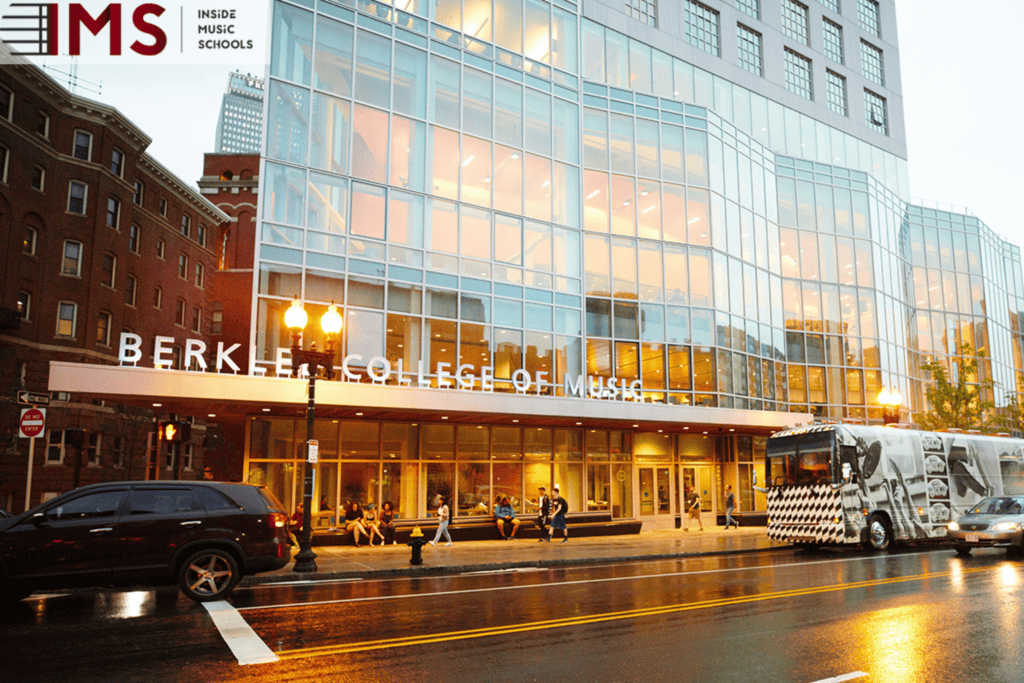
One surefire way to future-proof your career in music is to be well-rounded musically. Pianist Jeff Little exemplifies this approach. A seasoned studio musician, Jeff recently recorded keyboard overdubs for David Kershenbaum, a veteran producer. The latter has worked with everyone from Cat Stevens to Tracy Chapman. It was a thoroughly modern session, with Jeff in North Carolina and David in Los Angeles supervising through the magic of two modern technologies.
The first technology the session relied upon was Zoom, which can now viably serve musicians and non-musicians alike. The second technology is even more recent and geared to studio production. Jacktrip and technologies like it allow studios to collaborate during recording sessions over the internet in near real-time. It has become popular as the pandemic has curtailed inperson recording sessions.
As ideas came to Kershenbaum during the session, Jeff would make them happen. “Let’s try an accordion playing arpeggios on the bridge.” “Why don’t we add some (Hammond) B3 organ playing sustained notes under the verses?” Jeff was like an improvisational actor taking ideas from a live audience. He would dial up a new audio sample on his digital audio workstation to play with a MIDI keyboard with each request.
At the end of the session, David complimented Jeff on his talent and stylistic diversity. Jeff replied, “Being well-rounded keeps me working.” As a young musician, you should take those words to heart. There is perhaps no better way to ensure your professional success. Jeff is a renowned Americana pianist, but he has ensured his viability through his musical breadth. In his case, it includes knowing how accordion players would play chords, and B3 organ players use a Leslie tone cabinet speaker.
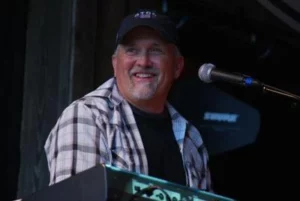
“Being well-rounded keeps me working.”
— Pianist Jeff Little
Saxophonist Adrian Crutchfield also embodies this sort of well-rounded musicianship. In college, he studied as a “straight-ahead” jazz musician, cutting his teeth on hardcore tunes like John Coltrane’s “Giant Steps.” Even then, Crutchfield knew that making a living playing jazz and nothing else could prove difficult. Fortunately, he enjoyed a childhood filled with musical diversity. There was the music of the black church he attended and the Hispanic music he learned from other students at his high school. He also studied with a classical saxophonist at the North Carolina School for the Arts. His broad approach to his instrument has paid off. He has backed such artists as Lionel Ritchie, Bette Midler, and Cee Lo Green. He was even a member of Prince’s New Power Generation for several years.
Classically oriented musicians can also use stylistic diversity to achieve professional success. Cellist Yoed Nir personifies doing so. As a young man, he studied classical music at the Conservatory of Music in Tel Aviv but then began to explore rock, pop, and jazz as both a performer and arranger. He recognized New York as a “great place to play all styles of music.” Since establishing the city as his new home, Yoed has toured with Regina Spektor and Rufus Wainwright and recorded with many other well-known artists.
Yoed waited until after completing his classically oriented education to expand his musical horizons. Today, you do not need to do so. Some colleges and universities offer their students a limited range of musical styles, and others are more inclusive musically. You might consider this in deciding which school is right for you. At institutions like the Universities of Miami and Southern California, you will find everything from classical music to jazz and even popular music. Like the Berklee College of Music (especially now that it has fused with the Boston Conservatory), a few schools are even more inclusive in the types of music they support.
Another thing that facilitates Yoed’s success is how he pursues opportunities. As the saying goes, you must be present to win. That means maintaining a presence in the marketplace, and that marketplace continues to change for musicians. Yoed pursues opportunities by advertising his availability on SoundBetter, an online marketplace for studio musicians, songwriters, beatmakers, engineers, and producers to connect. A member looking for an artist posts a “job” to SoundBetter and then invites candidates to submit proposals for it.

Sarah Clayman, Managing Director, Detroit Institute for Music Education (DIME) Group says, “We have been focused on preparing young people for jobs in the modern music industry, so classes on music business, music production and recording have been part of the curriculum for over 20 years in the UK and for 7 years in the US. It is imperative that students not only learn their craft and master their instrument, but they need to know how to get the jobs in the industry and how to sustain their employment. Education equals employability.”
“During my touring days with the Four Tops & Temptations I worked to contract horn sections, rehearse pickup musicians who were not part of the core touring group, coordinate practices and sound checks, and curate a library of live recordings to analyze for feedback and improvement,” said Professor Drew Schultz, Oakland University at DIME “When working in my studio with an artist, I advertise services, connect with potential leads, negotiate budgets and rates…and often oversee the recording equipment as well as my own musical instruments.”
Professor Schultz added, “Understanding the industry and all of its interconnected turning gears allows students to truly know how money is made, and how money flows within the business. Every musician, songwriter, and producer is a small business within themselves. They need a comprehensive understanding of marketing and promotion to make their skillset known to clients and their artwork known to audiences. They need knowledge of income streams, ownership, rights management, licensing, and royalties in order to monetize those skills and their art. This is true regardless of what instrument is in the hands (or vocal cords) of the student, and what genre of music they are studying. All of this knowledge will allow them to forge a career.”
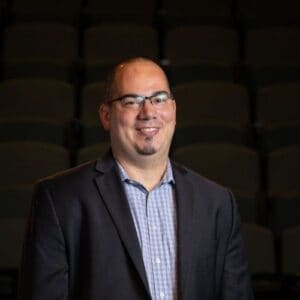
“Students within our performance and composition programs have access to courses in recording, live sound, and digital music production as well as music licensing and publishing, entertainment contracts, and digital marketing and distribution. This creates an opportunity for students to study how music is produced, and better prepares them to understand the symbiotic role of music production within their education as performers and educators.”
— Micah Jones, Dean, School of Music, University of the Arts (Philadelphia, PA)
One study estimates that for every successful on-stage career as a musician, twenty other professionals make that success possible. Some musicians wind up behind a mixing board as a producer or engineer. Others become managers, agents, publicists, or the like. Others build and sell musical instruments. Some join music publishing companies or performance rights organizations (PROs). It is not necessarily because they have given up on being active as musicians. For example, one budding songwriter in Nashville earns a good living as a successful videographer for music videos as he builds his musical reputation. A music student can find their way on many roads, as long as the education they’ve acquired has provided the skills, or at the very least an awareness, of the array of opportunity.
“It is absolutely imperative that modern music education covers technology, business, and education,” says Professor Dave Leve, Oakland University at DIME. “While perfecting your performance or composing/ songwriting skills is extremely important, the other facets of the music industry are (too) often ignored.” For example, regardless of a student’s success, they will also need to know the ins and outs of the business side of music especially when it comes to negotiating potential contracts or even as simple as knowing how to do their taxes as self-employed musicians. With majors ranging from historical performance to electronic music, and with 42 areas of private study, Oberlin Conservatory transforms talented undergraduate musicians into disciplined professionals.
Check back for Part 3
Stay tuned to Inside Music Schools, as we going to upload Part 3 in the coming weeks. In Part 2 we will take a look at “What’s in store for the professional musician in 2023.”
About the Author
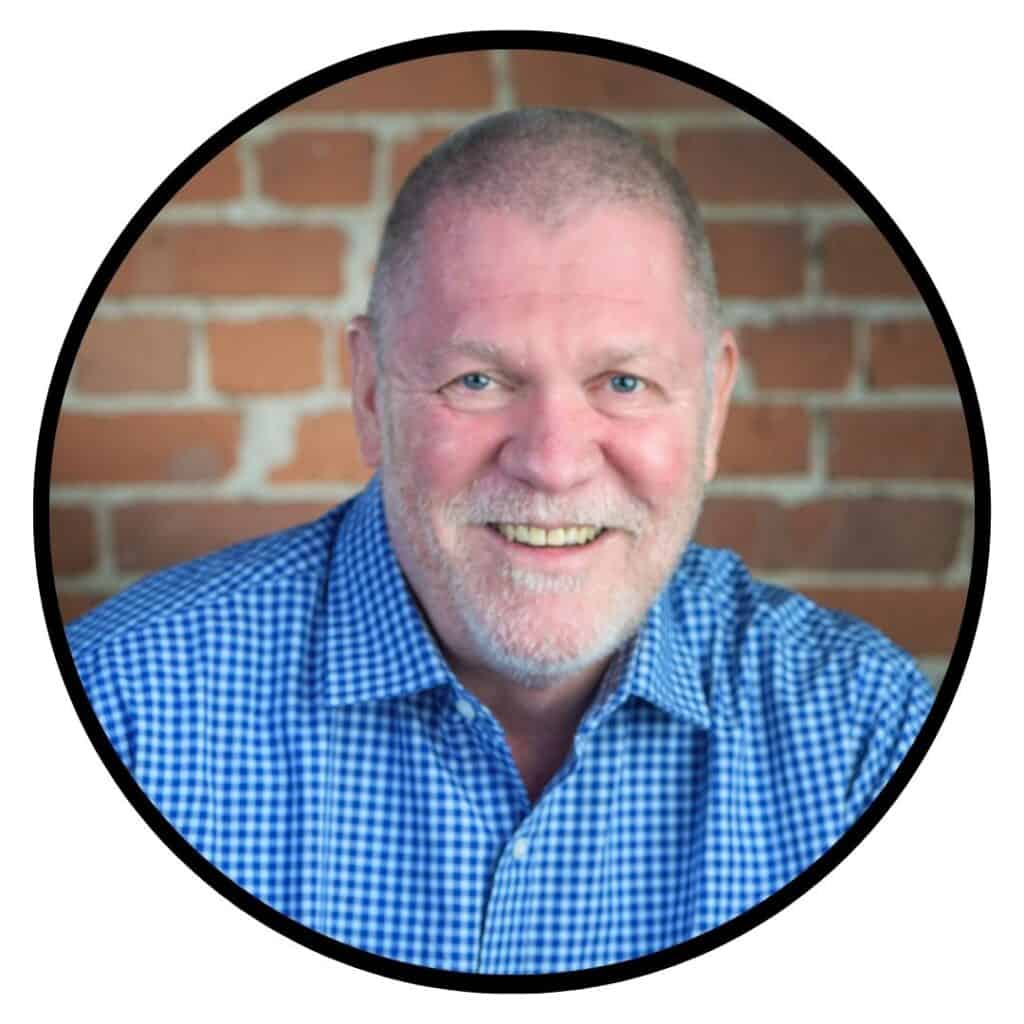
Dr. David Lee Fish, Ph.D., founded and continues to direct the degree concentration in popular music as a tenured professor at Catawba College in Salisbury, North Carolina. In that role, he has gained expertise in a range of subjects, including music business, technology, and theory. He also co-founded and is a past president of the Association for Popular Music Education, the leading professional organization for educators in that field. His participation has helped him forge relationships with fellow faculty of popular music across the country and intimate knowledge of their programs.
Contact Us
Did you find this blog helpful? Do you picture yourself in a music career? If the answer to that is a “yes”, your next step is simple. Contact insidemusicschools.com and allow our team of industry insiders to guide you toward your goal of being a professional in the music industry. Through expert counseling and real world experience, we will make sure you are prepared for the journey
Founder & President at Inside Music Schools | Insidemusicschools.com
Head of admissions and faculty member at Berklee College of Music for 40 years, Steve Lipman and our team at Inside Music Schools speak music as their primary language. We approach each client contact with open eyes, ears, and minds. As the country’s premier music school consultant, he has advised students from the United States, Canada, the U.K., India, Singapore, Dubai, China, Australia, Turkey, Colombia, Argentina, Brazil, Japan, Israel, Italy, Russia and elsewhere.

